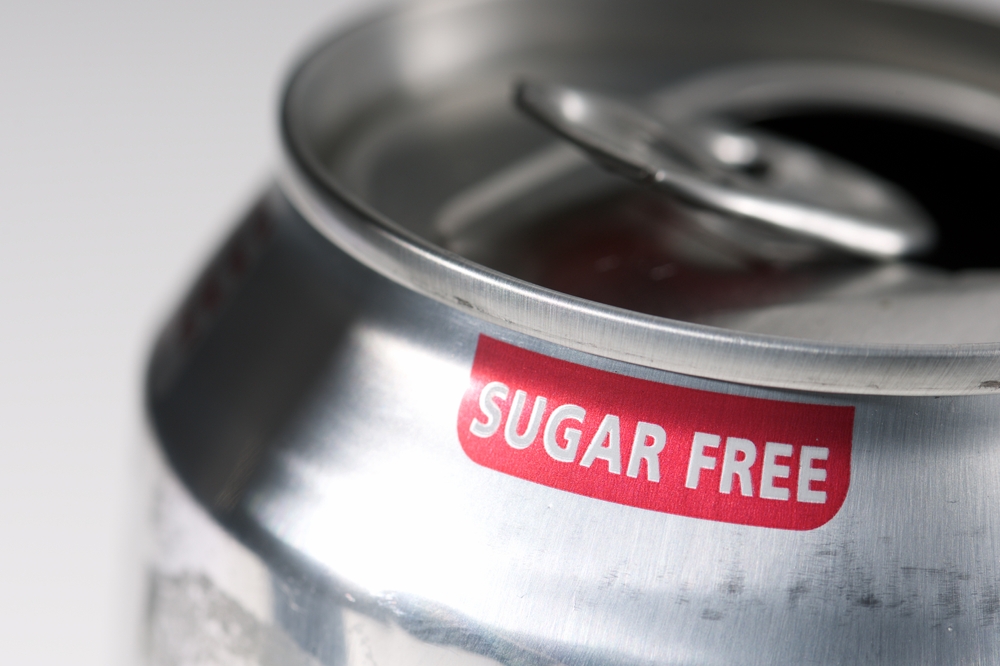Researchers examined 1,407 teens in Taiwan using diet surveys and urine samples. Of those, 481 had signs of early puberty
Others are reading now
A new study from Taiwan has linked artificial sweeteners, to early onset puberty in children. These sweeteners are often found in popular diet products like Diet Coke and Extra chewing gum.
The research suggests these additives might be playing a surprising role in accelerating development, particularly when consumed in high amounts.
What Is Central Precocious Puberty?

Central precocious puberty refers to the unusually early start of puberty—before age eight in girls and age nine in boys. This condition can lead to physical and emotional challenges for children and has been connected to future health issues like depression, diabetes, and cancer.
The Sweeteners Under Scrutiny
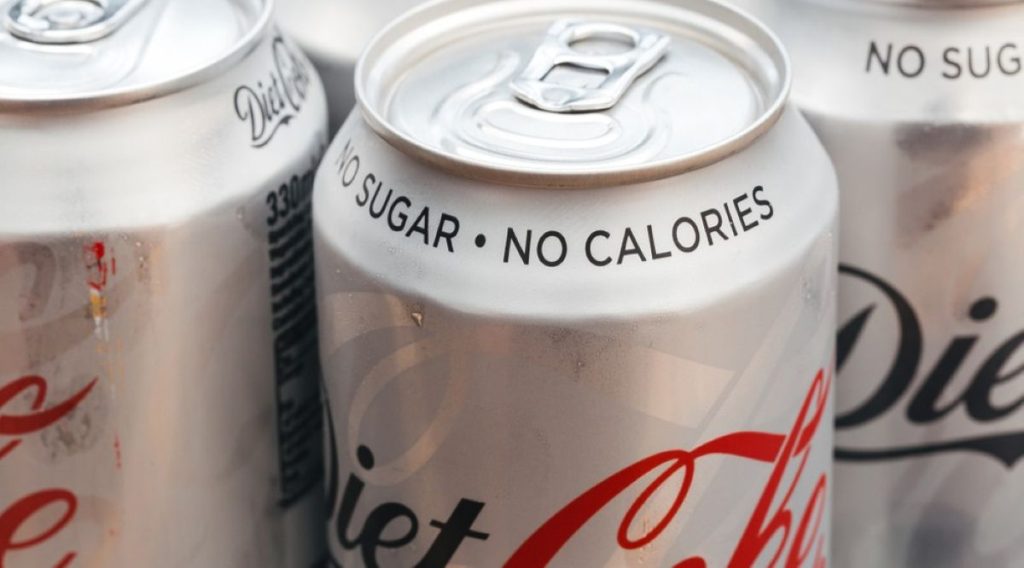
Sweeteners including aspartame (used in Diet Coke and Muller Light yoghurts), sucralose (found in Canderel), and glycyrrhizin (from liquorice root) were all found to be linked to earlier puberty. While these ingredients are often marketed as low-calorie alternatives to sugar, they may be having unintended effects on children’s development.
Key Findings From the Taiwanese Study

Researchers examined 1,407 teens in Taiwan using diet surveys and urine samples. Of those, 481 had signs of early puberty. The study revealed gender-specific effects: sucralose was more strongly linked to early puberty in boys, while aspartame and added sugars had a greater impact on girls.
Also read
Sweeteners and Your Genes: A Risky Combo?

The impact of sweeteners appeared even more pronounced in children with a genetic predisposition to early puberty. This suggests a possible interaction between dietary habits and inherited risk factors, highlighting the complexity of the issue.
How Sweeteners Might Be Affecting the Body

Experts believe sweeteners could influence puberty by disrupting brain cells involved in hormone release or by altering gut bacteria. This aligns with earlier findings that some additives can affect hormone levels linked to sexual development.
A Surge in Early Puberty: What’s Fueling It?

While sweeteners are now in the spotlight, early puberty has also been linked to rising childhood obesity, stress, and environmental factors. Fat cells produce hormones that may play a role in triggering puberty sooner than expected.
The Long-Term Health Risks of Early Puberty

Starting puberty earlier may increase the likelihood of chronic conditions later in life. Studies have found links to type 2 diabetes, strokes, and even breast cancer, especially among girls who begin menstruation before age 13.
Aspartame and Cancer Concerns
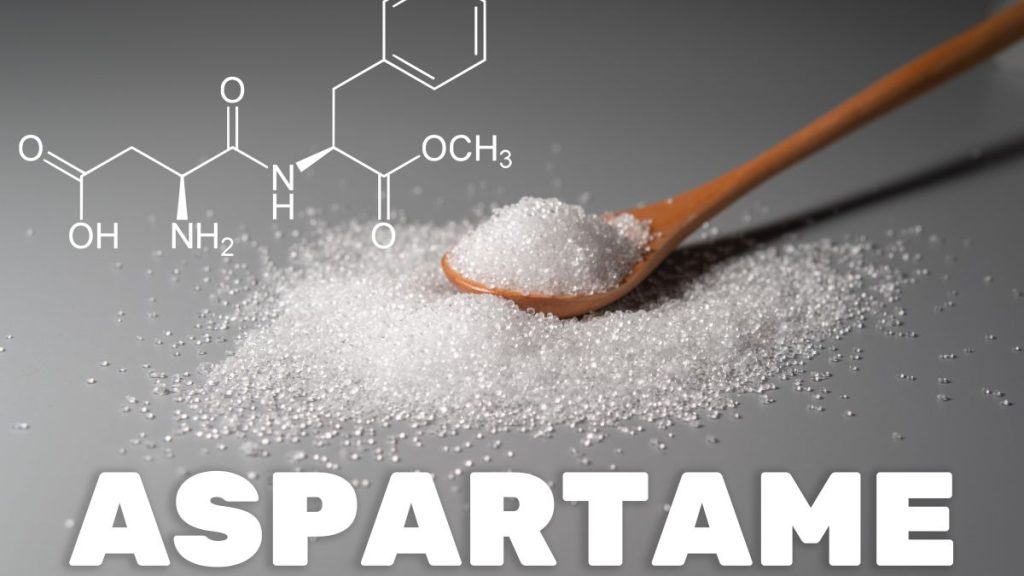
In 2023, the World Health Organization classified aspartame as “possibly carcinogenic.” However, they noted the risk was minimal unless consumed in massive amounts—suggesting a 70kg (11-stone) adult would need to drink about 14 cans of Diet Coke a day to be at risk.
Also read
Widespread Use in Everyday Products

Aspartame and other sweeteners aren’t just in soft drinks, they’re found in sugar-free gum, yoghurts, dessert mixes, toothpaste, and even cough drops. Their ubiquity makes it difficult for families to track just how much their children are consuming.
A Wake-Up Call for Parents?

Although the study doesn’t prove sweeteners cause early puberty, it raises important questions about how much of these additives kids are exposed to. With mounting evidence of potential health effects, experts are urging more caution and further research.
Critics Urge Caution Over Observational Data

Skeptics point out that studies like this are observational, meaning they can’t definitively prove cause and effect. Other lifestyle factors, such as diet quality or activity levels, could also be contributing to the results.
What Makes This Study Stand Out
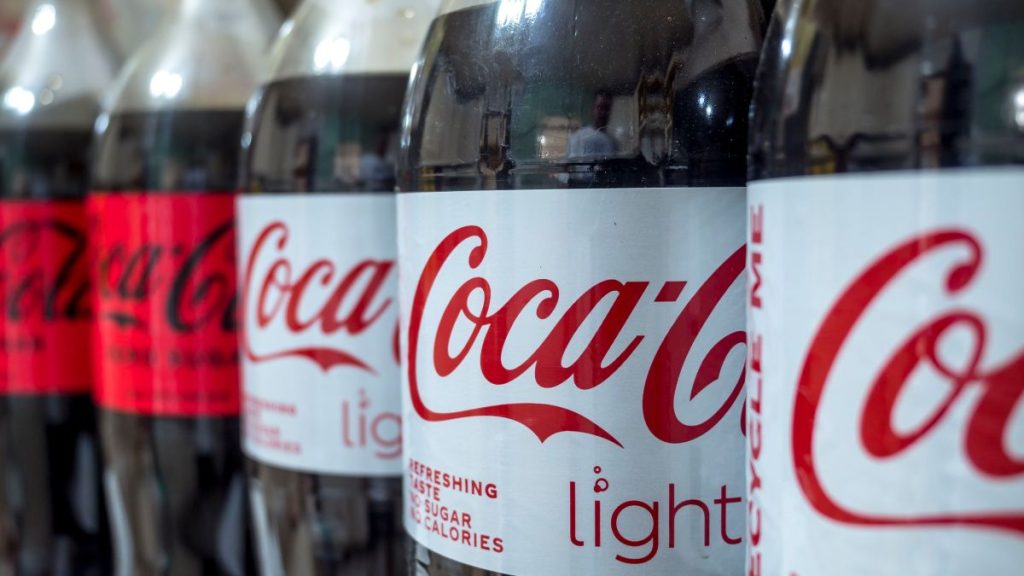
Dr. Yang-Ching Chen, one of the study’s authors, emphasized that this is one of the first large-scale investigations linking sweeteners with early puberty across genders and genetics. The findings were presented at the ENDO 2025 conference in San Francisco.
Should You Be Worried?
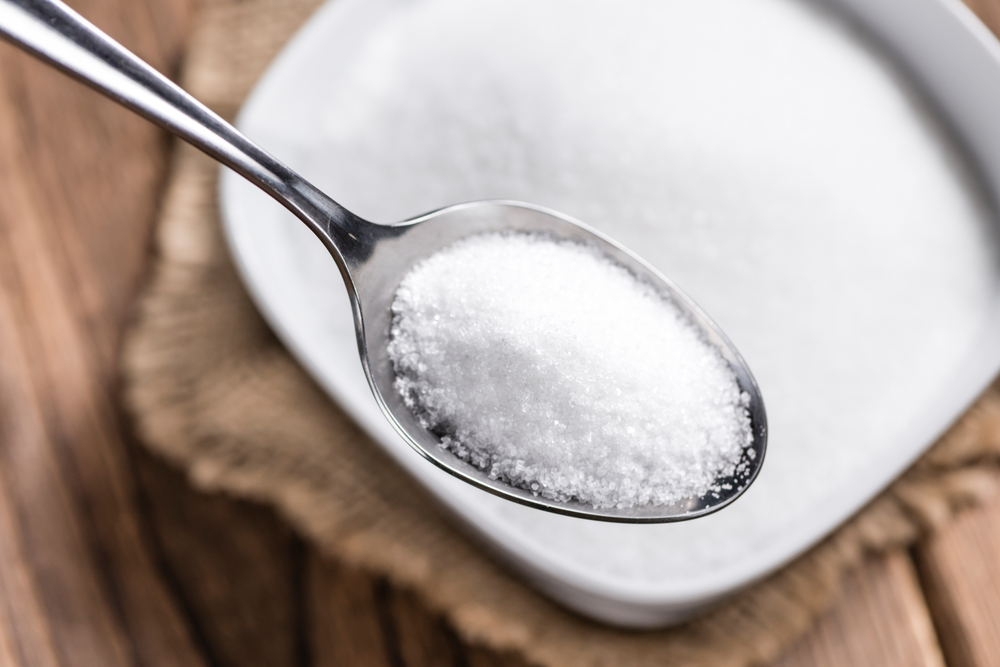
For now, experts advise moderation. While occasional consumption of artificial sweeteners is unlikely to cause harm, regularly replacing sugar with large amounts of sweeteners might carry risks, especially for growing children.
Also read
What’s Next in Research?

As calls grow for stricter regulations and clearer labeling, future studies will likely focus on how dietary patterns affect children over time. Until then, balanced, whole-food diets remain the safest bet for supporting kids’ healthy development.

